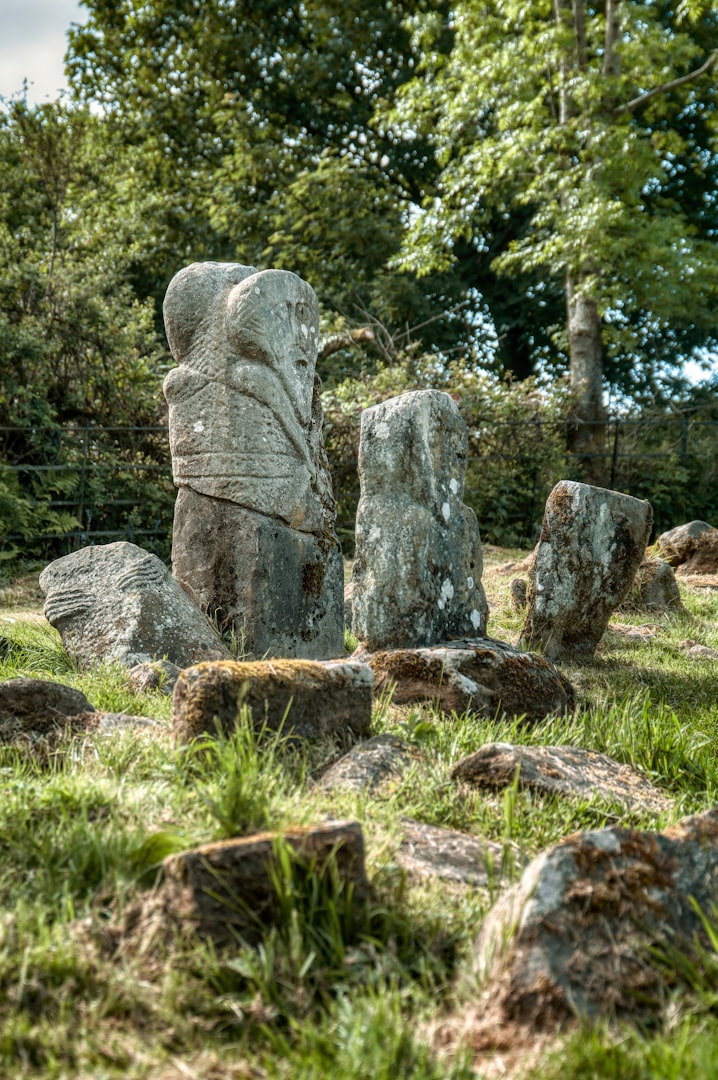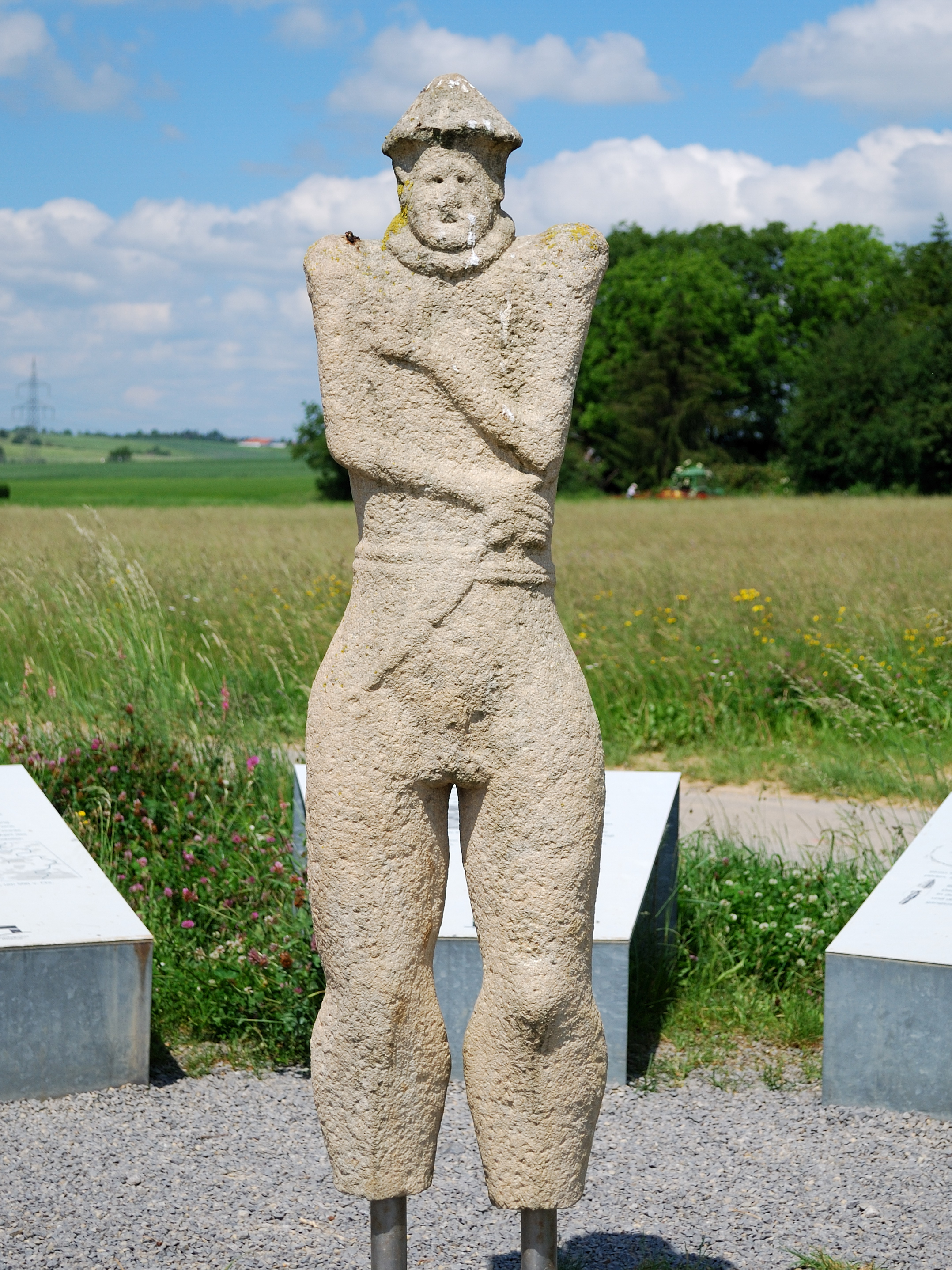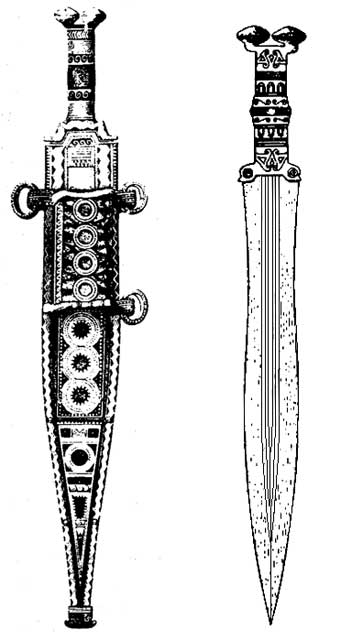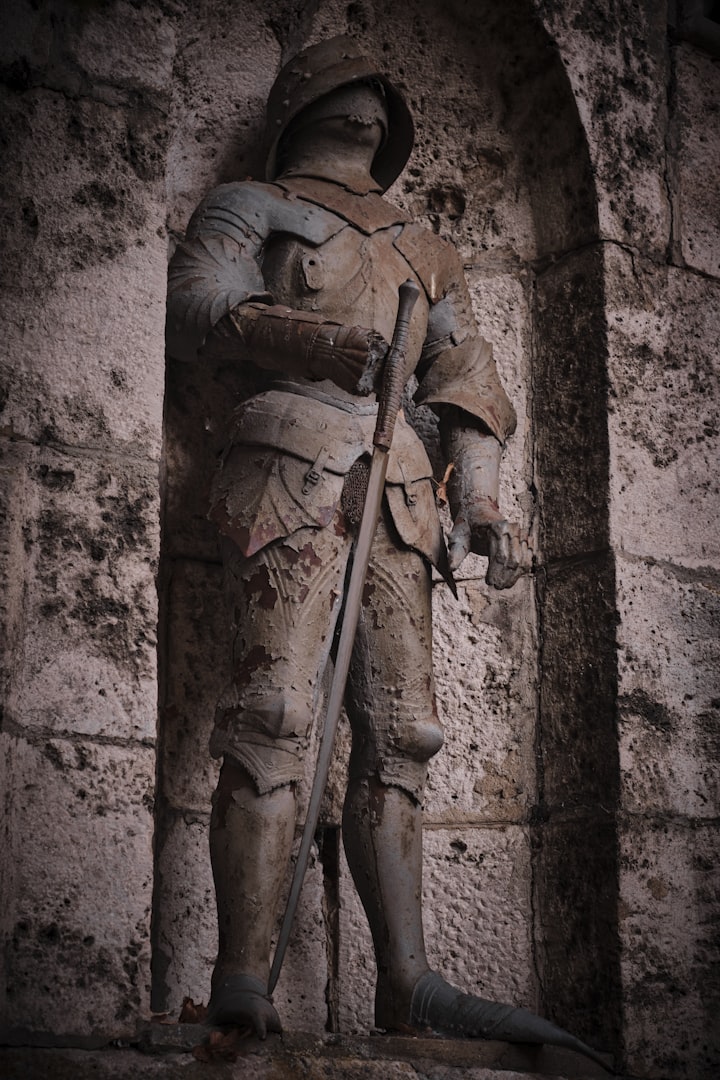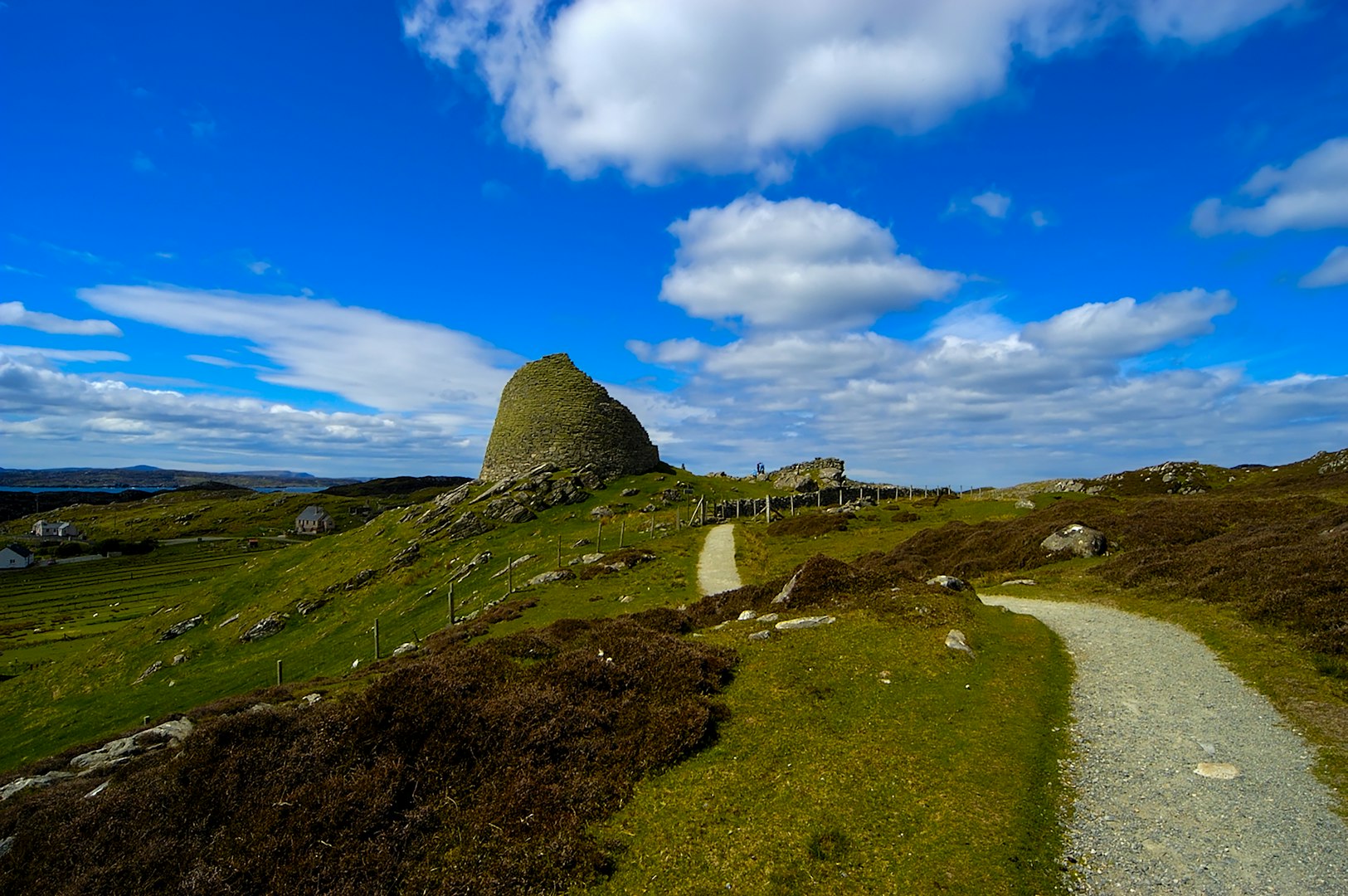
Era Echo
The Iron Age: What Was the Iron Age?
In this episode of Era Echo, we explore the significant transition from
the Bronze Age to the Iron Age, focusing on the transformative impact of
iron metallurgy on human civilization.
We begin by analyzing the
origins and characteristics of the Iron Age, which marked a pivotal
shift in technology and material culture. The introduction of iron tools
and weapons brought increased efficiency and strength compared to their
bronze counterparts. This advancement allowed societies to enhance
agricultural productivity, improve construction techniques, and develop
more effective military equipment.
The narrative then addresses
the Bronze Age Collapse, a period of widespread societal upheaval among
major Mediterranean civilizations around 1200 BCE. Various theories
suggest that the adoption of iron weaponry played a crucial role in this
decline, as emerging groups equipped with superior iron arms were able
to challenge and conquer established powers. This period of instability
set the stage for the rise of new cultures and the eventual dominance of
iron technology.
We highlight the lasting influence of iron on
various aspects of society. In agriculture, iron plows revolutionized
farming practices, enabling more efficient tilling of soil and leading
to increased crop yields. In warfare, iron weapons provided significant
advantages on the battlefield, transforming military strategies and the
dynamics of power. Additionally, the use of iron in industry laid the
groundwork for future technological advancements, ultimately
contributing to the development of civilizations across the globe.
Finally,
we conclude by recognizing iron as a cornerstone material in human
history. Its widespread adoption not only facilitated monumental changes
in daily life but also played a crucial role in shaping the
trajectories of societies throughout the ages.
Join us as we
delve into this transformative period, exploring how the transition from
bronze to iron fundamentally altered the course of human civilization
and set the foundation for future developments in technology,
agriculture, and warfare.


